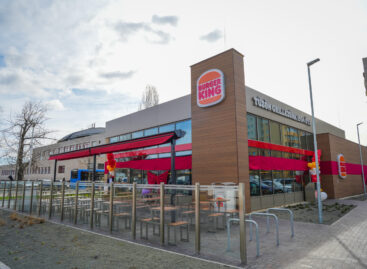L’Oréal is successfully launching its Carbon Disclosure Project
In an attempt to reduce the impact of its activities and products on the environment, L’Oréal involves its suppliers in its environmental program, favoring sustainable and locally sourced supplies.
L’Oréal has long been engaged in taking responsibility for its ecological activities and has extended its ecological footprint to include its suppliers. All along the production chain, the group involves its suppliers in its policy of environmental conservation and the protection of natural resources and biodiversity. It also favors local suppliers, using a single production company in each geographical region. In this way L’Oréal promotes the economic development of the regions in which it produces, limits the impact of raw material and goods transports and favors cooperation with new suppliers located closer to its markets.
Responsible packaging management
Sustainable packaging conception is a key stake in L’Oréal’s environmental program. For several years, the group has been training its Packaging and Development, Marketing and Purchasing teams in the principles of eco-design. This approach is aimed at reducing the weight and volume of packaging and improving the environmental impact. For example,L’Oréal has followed a strict policy of forest certification of its packaging, which allows it to certify 99.8% of cardboard used for product boxes is certified, in particular by FSC® (Forest Stewardship Council) and PEFC (Pan European Forest Certification).
Responsible management of raw materials
Upstream, the selection of raw materials is based on an CSR qualification system which allows them to be evaluated according to sustainability criteria such as adherence to biodiversity, user safety and long-term availability. Moreover, L’Oréal Research Innovation draws its inspiration from the brand The Body Shop, which means that it uses various raw materials obtained as a result of fair trade processes, for example sesame oil, aloe vera or argon oil. Overall, this responsible ecodesign and supply approach necessitates good cooperation with the group’s suppliers.
Related news
40 secure jobs, sustainable solutions – new BURGER KING® in Csepel
🎧 Hallgasd a cikket: Lejátszás Szünet Folytatás Leállítás Nyelv: Auto…
Read more >Fashion, drones and sustainability – the new face of agriculture at the AgriTech InnoExpo event
🎧 Hallgasd a cikket: Lejátszás Szünet Folytatás Leállítás Nyelv: Auto…
Read more >Related news
HELL CITY has arrived, led by Michele Morrone
🎧 Hallgasd a cikket: Lejátszás Szünet Folytatás Leállítás Nyelv: Auto…
Read more >Two million people have already voted, so 57 million forints will be given to locals in 125 settlements, courtesy of Tesco
🎧 Hallgasd a cikket: Lejátszás Szünet Folytatás Leállítás Nyelv: Auto…
Read more >







